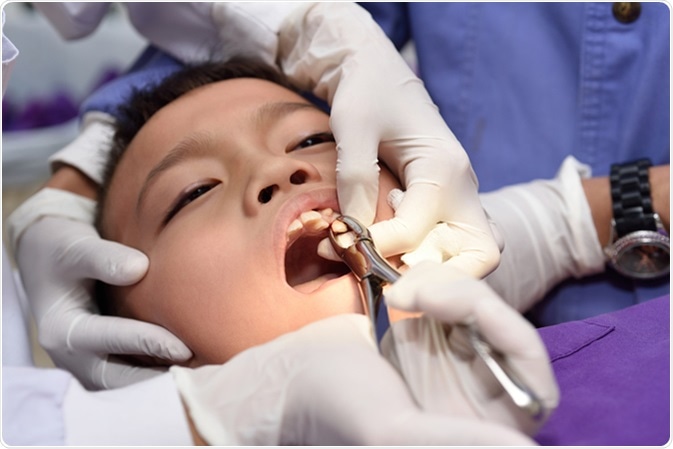
What Are the Complications of a Tooth Removal?
Teeth removal surgery is commonly done by a dentist in the springs Dubai. If an examination and X-rays show that you have excess wisdom teeth or could cause dental difficulties in the near future, then this surgery may be recommended. Remember, not all cases of wisdom tooth removal require surgery.
It is important to get a thorough dental checkup by a good dentist in studio city Dubai before you opt to have a tooth extraction – it’s better to take preventative measures than to fall victim to tooth loss. Your cosmetic dentist will likely advise you to avoid impacted teeth in the future and explain the procedure, its risks and what to expect after it’s done.
Teeth extraction isn’t an easy process, there are a few complications that you should know about. One complication is infection. Teeth that have been removed due to decay or injury are more likely to harbor bacteria. Sometimes, the bacteria grow so fast that the healing period may not be long enough. If the wound stays open, it allows more infection to enter the body. If the wound closes before the bacteria are killed, then you run the risk of infection spreading through the body.
Another complication is nerve damage. Teeth that are removed because of tooth decay, trauma or illness are less likely to heal properly. In most cases, tooth extraction is a simple procedure; it doesn’t involve any intricate procedures or treatment methods. However, if the tooth is removed because the pulp is exposed, it’s a more complicated procedure. The problem is that a simple extraction might not be enough and can lead to more complications down the line – such as nerve damage.
The most common complication following a tooth removal is infection. An open wound lets bacteria spread through the body, compromising nearby tissues. Common oral infections include gum disease (which leads to abscesses), tooth cavities, pneumonia, oral cancer and oral endocarditis. As the infection spreads, it weakens your body’s defenses, making it more susceptible to other infections. When you visit your dentist for follow-up care, you’ll be assessed and treated for any infections.
If gum disease, trauma or decay isn’t the reason for your tooth extraction, then there’s another potential complication – nerve damage. Nerve damage, which typically occurs after wisdom teeth removal, can result in temporary numbness or weakness. If it’s a chronic issue, the affected nerves may continue to flare up even after your dentist has healed your problem. For this reason, it’s important to take your dentist’s advice before undergoing any procedure, no matter how routine. Your health and safety should always come first.